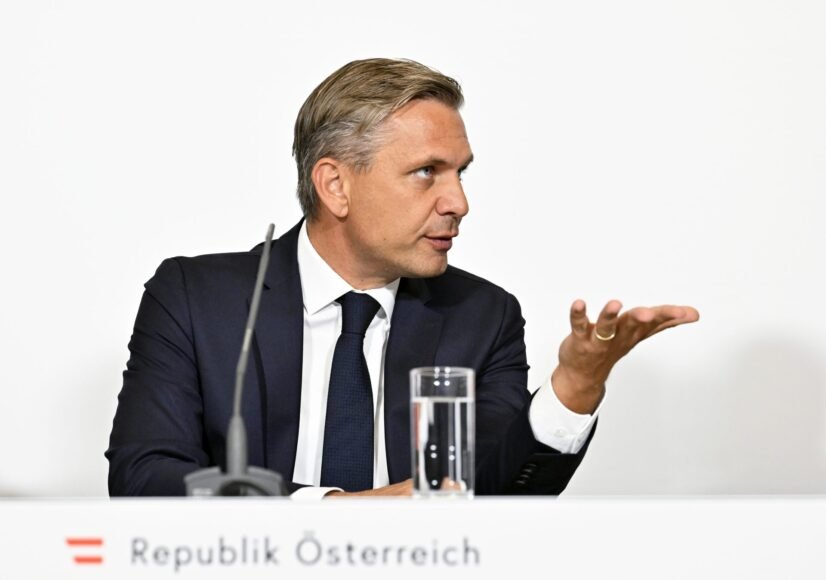
Vienna/Berlin (APA) – The European Commission’s proposed ban on combustion engines for cars and light commercial vehicles has prompted Austria’s Economic Affairs Minister Wolfgang Hattmannsdorfer from the conservative ÖVP and his German counterpart Katherine Reiche (CDU) to take action. They both voiced their support for technological flexibility and the acknowledgment of CO2-neutral fuels during a working meeting in Berlin focused on fleet targets, as reported by the Ministry of Economic Affairs in Vienna on Thursday.
Consequently, both nations will present a unified stance at the upcoming EU Council of Ministers meeting in Brussels next Monday regarding EU fleet targets. The EU Commission’s fleet targets introduce binding CO2 limits for cars and light commercial vehicles, proposing that no new combustion engine cars be approved from 2035 onward. Essentially, this amounts to a technology ban, even for combustion engines capable of running on climate-neutral fuels. Additionally, Reiche and Hattmannsdorfer stress the need for some flexibility within the EU fleet targets.
The “Havana Problem”
The German and Austrian ministers also highlighted the so-called “Havana Problem.” They caution that a total ban on new combustion engine vehicle sales could lead to prolonged use of older vehicles, hindering the adoption of newer, more environmentally friendly models. This term refers to the extended use of vintage cars in Cuba due to the US embargo.
Moreover, Reiche and Hattmannsdorfer argue that the vehicle lifecycle should be considered; not just emissions but also environmental impacts during production and disposal. “A lifecycle assessment is essential for establishing equitable conditions that promote climate protection and competitiveness,” stated Hattmannsdorfer.
Additionally, Hattmannsdorfer is likely mindful of the automotive industry’s economic importance, with over 300,000 jobs in Austria reliant on this sector, contributing around 8 percent to the nation’s economic output. (25.09.2025)













Leave a Reply